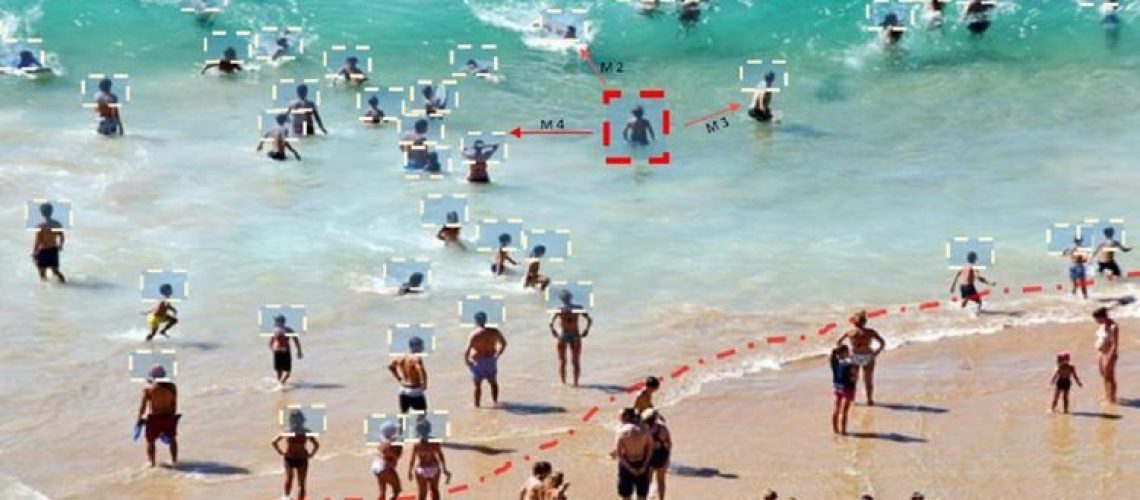AI solution revolutionises water safety for hotels, schools and residential buildings
Blueguard, a leading water safety and first aid company in the UAE, is championing the use of technology and artificial intelligence (AI) as the key to a safer water future in the MENA region. By leveraging wearable technology and advanced AI prediction and prevention software, real-time monitoring and alerts have become possible, enabling early issue detection and faster response in critical situations. Blueguard is dedicated to introducing these innovative drowning prevention and detection technologies, in a bid to reduce the number of drowning incidents.
Blueguard invites property developers, hotels, private villas, residential buildings, government entities, schools, swimming academies and water parks to prioritise safety and invest in the future. As a market leader in the industry, Blueguard has delivered training and inclusive educational programmes to thousands of individuals and is constantly looking for ways to combat drowning-related incidents, which constitute an estimated 236,000 deaths each year according to the World Health Organisation*
In addition to its role as a water safety consultancy, Blueguard offers tailored solutions to address unique water safety challenges faced by businesses and individuals. With exclusive distribution rights in the region to Sentag (a swimming pool tech solution) and Sightbit (an AI tech solution for open water areas such as beaches and coastlines), Blueguard urges all those responsible for water safety to get in touch and discover how technology can save lives.
Founder & Managing Director of Blueguard, Luke Cunningham, said: “Since we established the company in 2017, we have prevented a significant number of water safety incidents in the region and we must now look to the future. Drowning detection/prevention technology and the use of AI are the future of water safety. In every other area of our lives, we are embracing the benefits of tech and our industry must follow suit.”
Explaining how technology will enhance the work of existing lifesavers, Cunningham added: “Lifeguards and service providers face a number of challenges when it comes to water safety such as lack of training, manpower shortages, long working hours, extreme temperatures and more. It only takes a split second for somebody to take their eye off the ball. Blueguard believes in supporting and empowering lifeguards with the use of technology and something we call ‘blended lifeguarding’ – a mix of human and technological interventions to provide the best outcome.”
One of the innovative solutions the company has brought to the region involves the swimmer wearing a wristband which can double up as entrance tickets, keys to lockers, a membership card and more. But its primary focus is to act as a sensor and raise the alarm to a potential drowning incident.
Another solution, this time AI-based, analyses video feed from waterfront cameras to detect and alert lifeguards to risks and hazards in all water environments. It specialises in ‘reading’ the water.





